We kindly inform you that, as long as the subject affiliation of our 300.000+ articles is in progress, you might get unsufficient or no results on your third level or second level search. In this case, please broaden your search criteria.
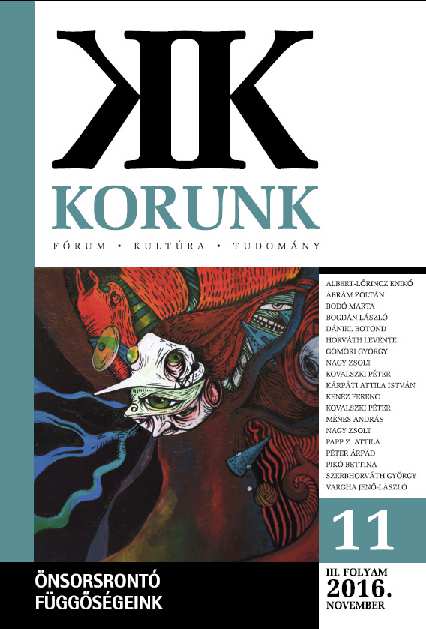
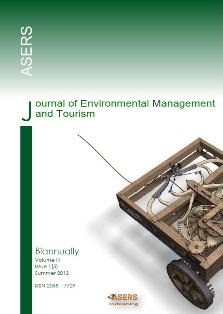
The purpose of this paper explore souring process of persuade and attract tourism and gambling in Cambodia‟s casino of border Thailand. Moreover, it can show factor succeed in persuading and allow know the behavior of tourists and gamblers. The finding show that gambling across the border in Thailand - Cambodia has a clear system on providers within the cross-border gambling network such as capitalists who are investing as a broker to buy promotion chip, retail travel agents who create networks for exchanging tourists between the company, travel agency's owner and tourists, van drivers, gambling players, travel planner, and owner of the casino. This is the creation of vertical relationship which implies the use of power and patronage system, and there is no trustworthy as it is living with the reciprocal benefits or it can be called that one party patronages another partY
More...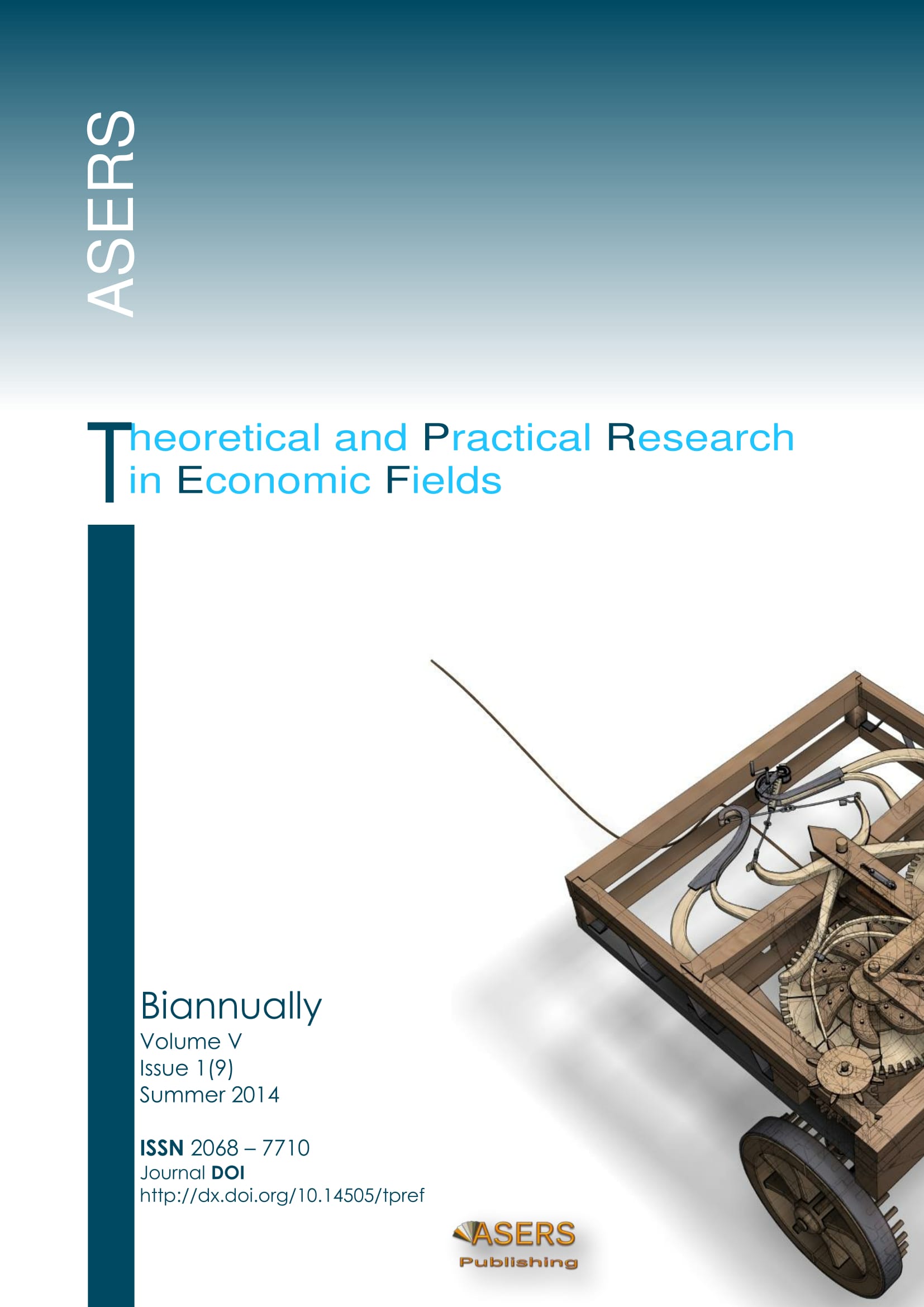
In looking for empirical evidence about the activity of countries, a proposal is made for studying(measuring and modelling) the activity of countries through the use of Social Accounting Matrices (SAM s) and Socio-Demographic Matrices (SDM s). SAM s and SDM s are presented as tools that have specific features for conducting studies in severaldifferent areas, particularly in the Socio-Economics of Ageing, as well as for supporting policy decisionprocesses.Based on methodological principles that are derived mainly from the works of Richard Stone, emphasis isplaced on the desirability of working in a matrix format, which includes not only people (SDM), but also, at thesame time, activities, products, factors of production and institutions (SAM). This is considered to be a way ofcapturing the relevant network of linkages and the corresponding multiplier effects for the subsequent modelling of the activity of the countries studied. The exposition of this proposal is accompanied by an example applied to Portugal.
More...
This paper examines the socially optimal allocation by focusing not on the social welfare function but instead on the utility possibility frontier in exogenous growth models with a heterogeneous population. A uniquebalanced growth path was found on which all of the optimality conditions of all heterogeneous households areequally and indefinitely satisfied (sustainable heterogeneity). With appropriate government interventions, such apath is always achievable and is uniquely socially optimal for almost all generally usable (i.e., preferences arecomplete, transitive, and continuous) social welfare functions. The only exceptions are some variants inNietzsche type social welfare functions, but those types of welfare functions will rarely be adopted in democratic societies. This result indicates that it is no longer necessary to specify the shape of the social welfare function todetermine the socially optimal growth path in a heterogeneous population.
More...
In macroeconomy research that uses technological table, most studies have only considered specialaspect. This paper develops an input-output model that extends to the whole economy by adding finance intotransaction table. This forms an integrated capital flow cycling system for whole economy. Economic growth isused to reflect economic dynamic characteristics. Whole economy is divided into five subsystems. On the basis ofsubsystem's balance sheet, we set up the simultaneous equation of whole economy. As part of the disposalincome, the new loan of the subsystems is affected by money supply badly and the income ratio is not stable. Inthis paper, expenditure ratio of subsystems is used to solve the simultaneous equation. The subsystem's balancesheets and the simultaneous equation can be applied to study fundamental economic issues effectively.
More...
This article discusses the conceptualization of network in Manuel Castell s’ theory of network society.Networks appeared in Castells’ works in the late 1980 s, when he became interested in the configuration of the relationships between technology, economy, and society. The culmination of this phase was his opus magnum,The Information Age trilogy, which introduced network as a key concept of his macro theory, even though heremained laconic about the concept itself. This is paradoxical, for Castells became possibly the most prominentfigure globally in adopting network terminology in macro sociological theory, but at the same time made hardly anyempirical, theoretical or methodological contribution to social network analysis or network theory in general. This implies that ‘network’ in Castells’ social theory is based on institutional network analysis. Moreover, it is not ananalytical concept but rather a powerful metaphor that served to capture his idea of the new social morphology of informational capitalism.
More...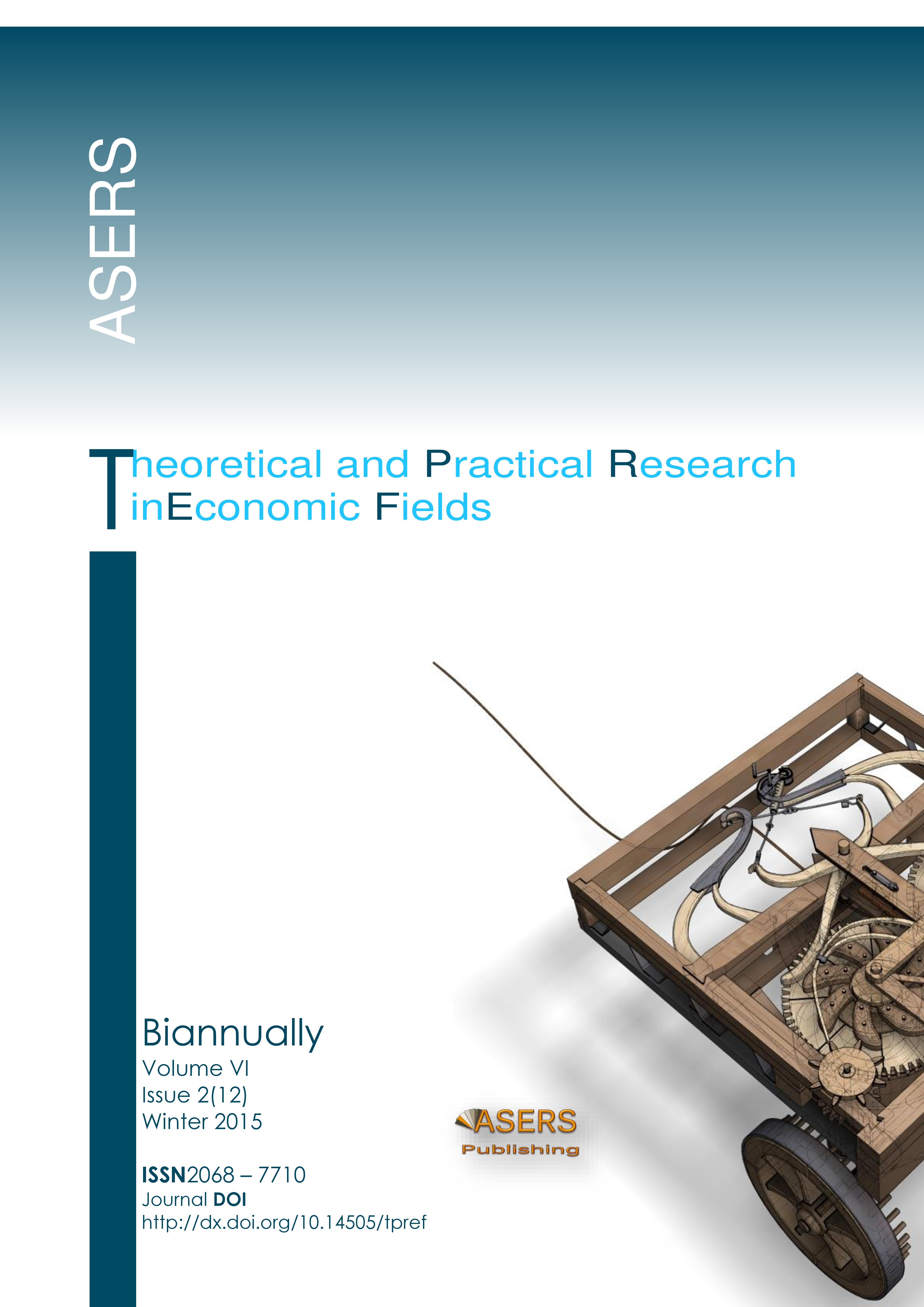
In order to design appropriate Foreigh Direct Investment (FDI) attraction policies there is a need of exploring which are the key motives and determinants of FDI inflow in the host-country.The aim is to see whether the Republic of Macedonia follows the global trends due to FDI in transition countries and,in this regard, to research the reasons for the low FDI inflow in the country.The paper is organized as follows. In introduction we point the importance of FDI inflow in transition countries, and in this context we emphasize the importance of the motives, and therefore the determinants that conditioned the FDIinflow. Section I review the theoreticalframework on the FDI determinants, with particular reference to the OLI paradigm. Section II analyses the inflow and structure of FDI in the Republic of Macedonia. In order to explore the FDI motives and determinants in the Republic of Macedonia, which will serve as a reference framework for defining thefuture direction of policy related to FDI in the Republic of Macedonia, in the third part an empirical research has beenconducted in the form of a questionnaire. The conclusion defines the key findings in context of the policy for attracting FDI in the Republic of Macedonia.
More...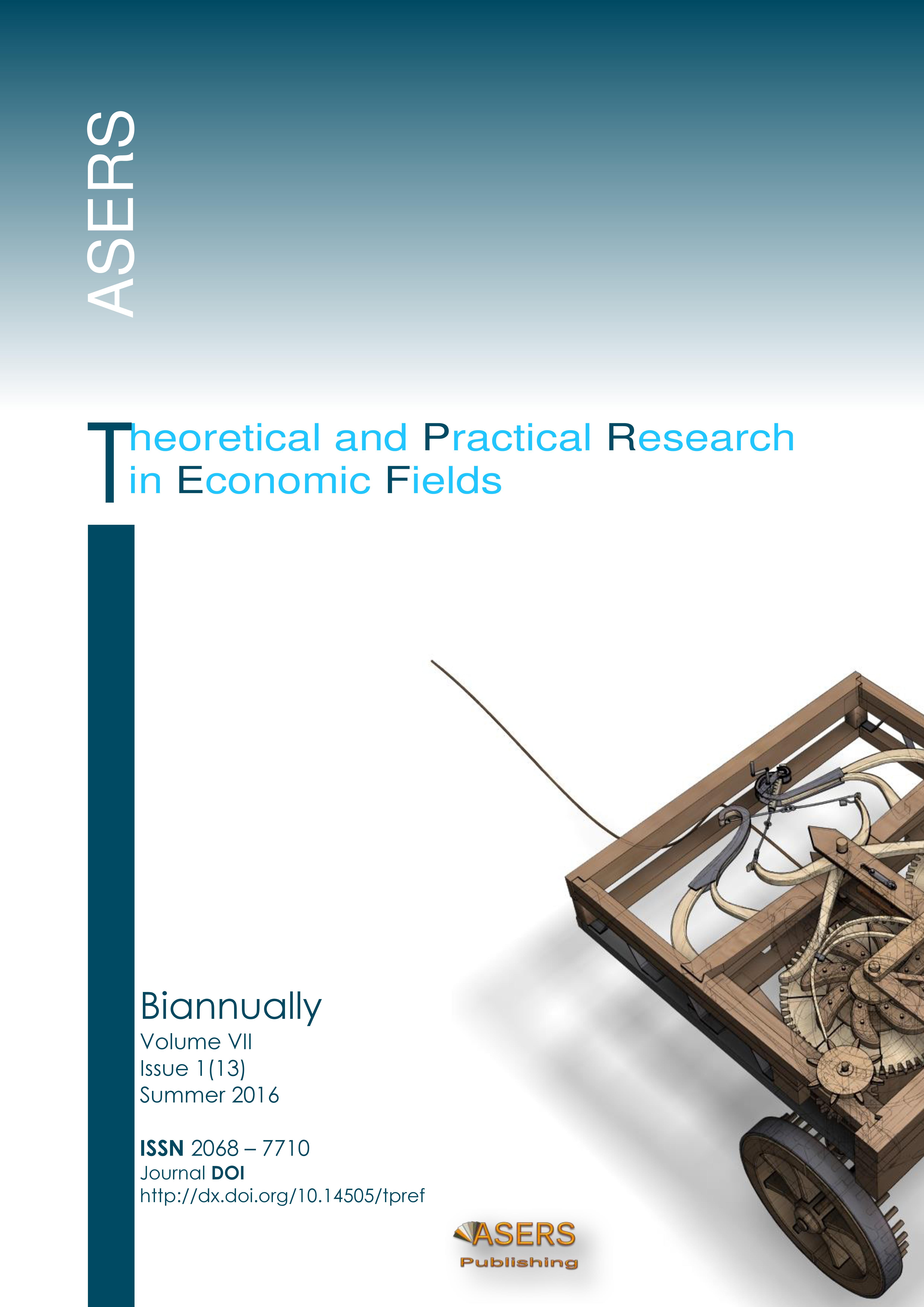
This paper surveys a few key features of socialist-oriented economic (SOE) reforms in China and Vietnam, focusingparticularly on the evolution of ownership structures and on the relative weight of market regulatory mechanisms, anddiscusses their general implications for socialist development. It tentatively concludes that some broad principles informingand constraining any feasible socialist-oriented economic strategy can indeed be identified
More...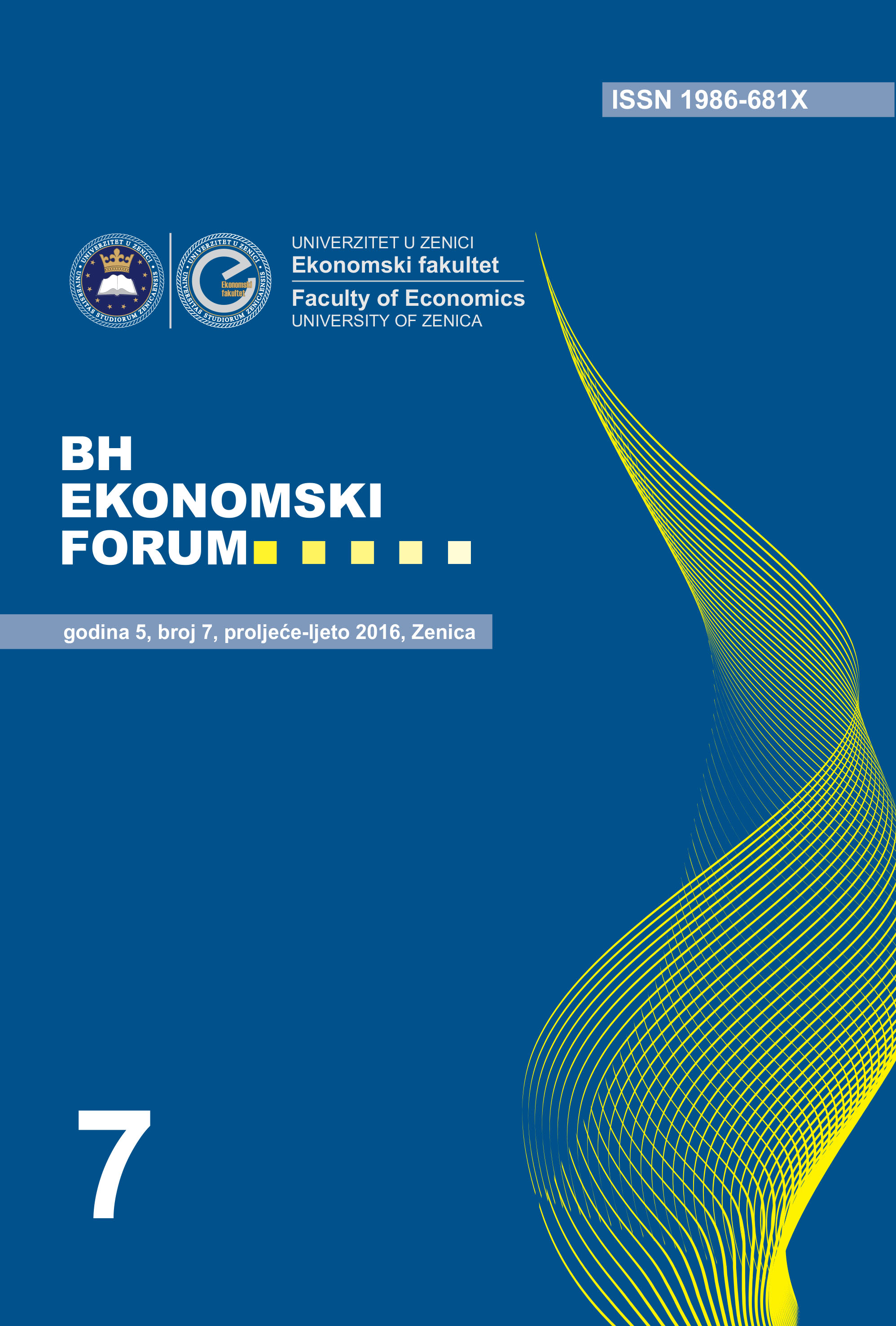
In modern large enterprises employees are increasingly expressing their innovation, creativity, proactivity and preferency toward risk. Thanks to this way and with help of knowledge and skills to develop a new products and services, employees’recreating new business opportunities which directly affect the competitive advantage of enterprises. For those kind of large enterprises we could say that they’re continually wor kingon creation of innovation. Most of large enterprises in Federation of Bosnia and Herzegovina are constantly operating under established rules which are characteristic of time of industrial economy and their main business indicators are amount of sales in tons, alsoan increase of sales in percentage,market stakes, etc. Qualitative indicators like employee’s satisfaction, process efficiency and opportunities for improvement aren’t priority for these enterprises This behavioris characteristic of management of enterprises, which are too occupied with ongoing operations, neglecting through it role and need for training and development of human capital which is basis for creating of innovation. The research results in this paper demonstrate that human capital has the major influence on the development of innovation in large enterprises in Federation of Bosnia and Herzegovina.
More...
This paperback version of the Nobel-Prize winning economist Paul Krugman’s New York Times’ best-seller book reviews if the findings in hardcover version remained well-founded after major political and economic actions (US elections, European austerity measures), and it seemed that the essential message remained unchanged. Krugman aims to answer primarily not how the 2008 crisis happened but what to do to recover and how to avoid similar cases in the future. First of all we must use our knowledge of previous depressions, then accept that we are in a depression and take the proper steps: job creation instead of austerity.
More...
Endowment effect refers to the reported gaps between willingness to accept and willingness to pay. According to prospect theory, this effect is a result of the underweighting of opportunity costs. Given the high stake involved in a typical housing transaction, endowment effect is expected to have a significant influence on housing decisions. We develop a theoretical framework to study the presence of endowment effect and its role in housing decision-making process. Three hypotheses are derived and tested through a field experiment conducted in Beijing, China. Our empirical results show that endowment effect plays an important role in the formation of judgmental biases in housing decisions. Moreover, endowment effect interacts with housing cycles. Our study highlights the application of prospect theory in the housing market; thus, it not only extends existing theoretical and empirical works in this important sector, but also clarifies consumer behavior in the emerging property market of China.
More...
This paper examines the stationarity properties, the long-run equilibrium and the leadlag relationship among the regional house prices in China from December 2000 to July 2013. Unlike traditional unit-root tests, the panel seemingly unrelated regressions augmented Dickey-Fuller (SURADF) unit-root test reveals that the regional house prices in China are a mixture of I(0) and I(1) processes. There is concrete evidence in favor of the hypothesis of a long-run equilibrium relationship among all regions, except for Shanghai region, and supporting the price diffusion or ripple effect among these Chinese cities. Finally, we determine that these regional house prices exhibit uni-directional causalities running from Beijing, Chongqing, and Shenzhen to Guangzhou and Tianjin, respectively.
More...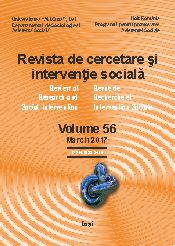
Existing research generally suggests that the psychological contract is an effective way to solve the problem of employee turnover when a labor contract is missing or incomplete. However, with dual organizational identity, the effect of a dispatched employee’s psychological contract on turnover intention differs from the effect for an ordinary employee. Consensus has not been reached regarding how to intervene in the high turnover rates of dispatched employees in terms of psychological contracts. This study investigated the relationship between psychological contracts and the turnover intention of dispatched employees, with consideration of the mediating role of job satisfaction and organizational commitment. Using a questionnaire survey, data were obtained from 271 dispatched employees in the banking industry in Henan province (China) from February to June 2016. It was found that a dispatched employee’s psychological contract has a dual aspect involving strong relations between the employee’s psychological contract with the dispatching agency and with the client. Meanwhile, a dispatched employee’s psychological contract with the client has a significant positive influence on job satisfaction and organizational commitment, and indirectly influences turnover intention through the mediating roles of job satisfaction and organizational commitment. Further, the individual mediating effect of job satisfaction is greater than the continuous mediating effect of organizational commitment and job satisfaction. By revealing the influence of a dispatched employee’s psychological contract on turnover intention, this study can help organizations develop intervention strategies at the level of individual psychology to address the high turnover rates of dispatched employees.
More...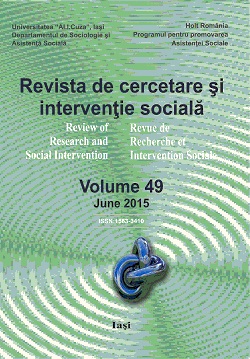
How does a proponent’s internal and external social capital impact crowdfunding performance? Based on the theory of social capital, we developed a research model and conducted an econometric analysis using the objective data collected from a Chinese comprehensive crowdfunding platform, ZhongchouNet. Results of an econometric analysis of a sample of 862 projects show that two types of the proponent’s external social capital have significant effect on crowdfunding performance alone. Moreover, the effect of internal and external social capital on the success of a campaign is fully moderated by the type of the project. These results suggest that, to improve crowdfunding performance, the proponents, especially proponents of for-profit projects, should make good use of the mechanisms of social capital construction existed inside the crowdfunding platform.
More...
Ewa Domańska, Professor at the Adam Mickiewicz University in Poznań (Poland) and Stanford University (USA), historian of historiography and methodologist of history, formulated interesting comments about the state of humanities and social sciences. The development of interdisciplinary research causes the interpenetration of different disciplines. Although this kind of research is promising, inspiring as well as influencing the development of science, careless research may cause some threats in the longer term. According to Domańska, the lack of qualifications and reliability in this area (especially in the area of theory and methodology) undermines the authonomy of the main disciplines and decline in the professionalism of re- search. This led the author to create the project, which aims to defend the independ- ence of the threatened disciplines as well as their ‘re-professionalisation’. It can be achieved by strongly emphasizing the role of theory in science; a strong embedde- ment of a discipline in the theory. Domańska’s concept can be a recipe, which is a dichotomic project. Firstly, it supposes a ‘practical methodology’, which is a con- structing of the theory thanks to empirical research material. Secondly, it supposes a ‘virtue epistemology’, which is the ethical aspect of the researcher’s attitude and his work. The aim of the paper is to discuss Domańska’s project and underline the origi- nality of her concept in the context of economic and social sciences. The economic history is a specific discipline which develops at the crossroad of history and eco- nomics. It lets me put forward the thesis that Domańska’s suggestions are relevant to the research of economic history. I will show what cognitive chances are the result of the ontology of economic history. I will question what the possible threats are for the main disciplines (history and economics) as a result of the lack of pro- fessionalism in the interdisciplinary research of the economic past, and ask if Do- mańska’s project is attractive for the economic history research thanks to the strong setting in the ‘practical methodology’ in the theory. I also ask what the role of new theoretical approaches in that area is, and whether it is possible to formulate inno- vatory conceptions in the economic history. Finally, I question the role of ‘virtue epistemology’ or the ethical aspect of an economic historian’s work.
More...
Success in economic life is a result of the interaction of many factors, which in different ways are developed from the individual characteristics of the person, a specific way of thinking and the ability to perceive oneself in the future. At the same time, more and more attention is focused on the influence of the entrepreneurial characteristics of individuals on their career development and career building process. The impact of personal experience on the perception of individual chances on the labour mar- ket is also emphasized. The purpose of this paper is, therefore, to identify the differences in enterprising attitudes of students of the humanities and students of economics, as well as compare the characteristics of entrepreneurial abilities between both student groups on the basis of empirical research conducted among students at the University of Lodz.
More...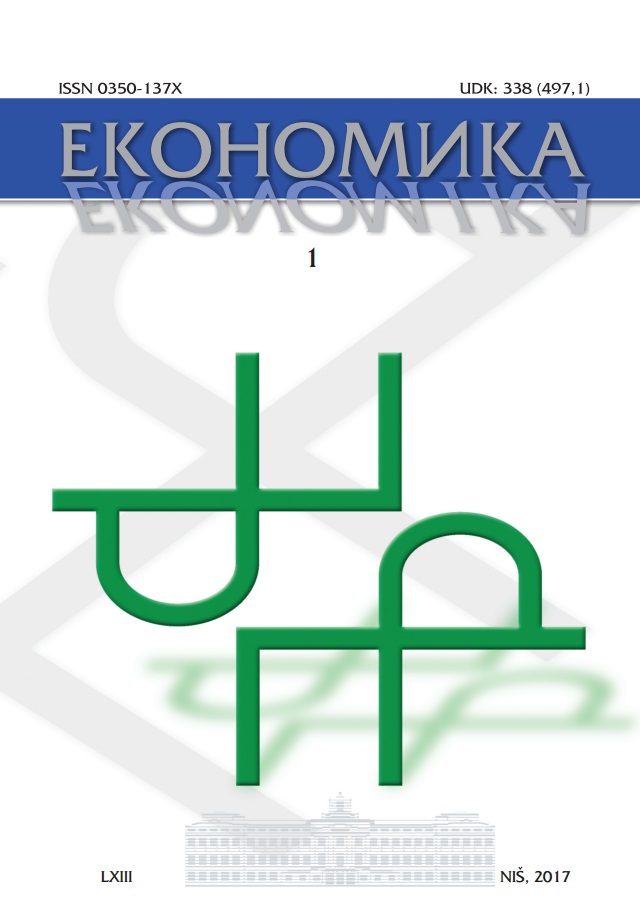
Since it’s advent in 1959 the theory of value formulated by Gerard Debreu in his work titled “Theory of Value. An Axiomatic Analysis of Economic Equilibrium”, that gave him the Prize of the Bank of Sweden in Economics in 1983, mathematical economics which pretends to be considered the purest of scientific theories of economic equilibrium, gained a new incentive to expand. The aim of the article is to demonstrate some weak points of the Debreu model which allow to challenge its economic validity due to misinterpreting the economic content of variables used in his model of economy After a critical analysis of inconsistencies of the arguments and of semantic errors of the applied terms, conclusions concerning the theory of equilibrium are presented.
More...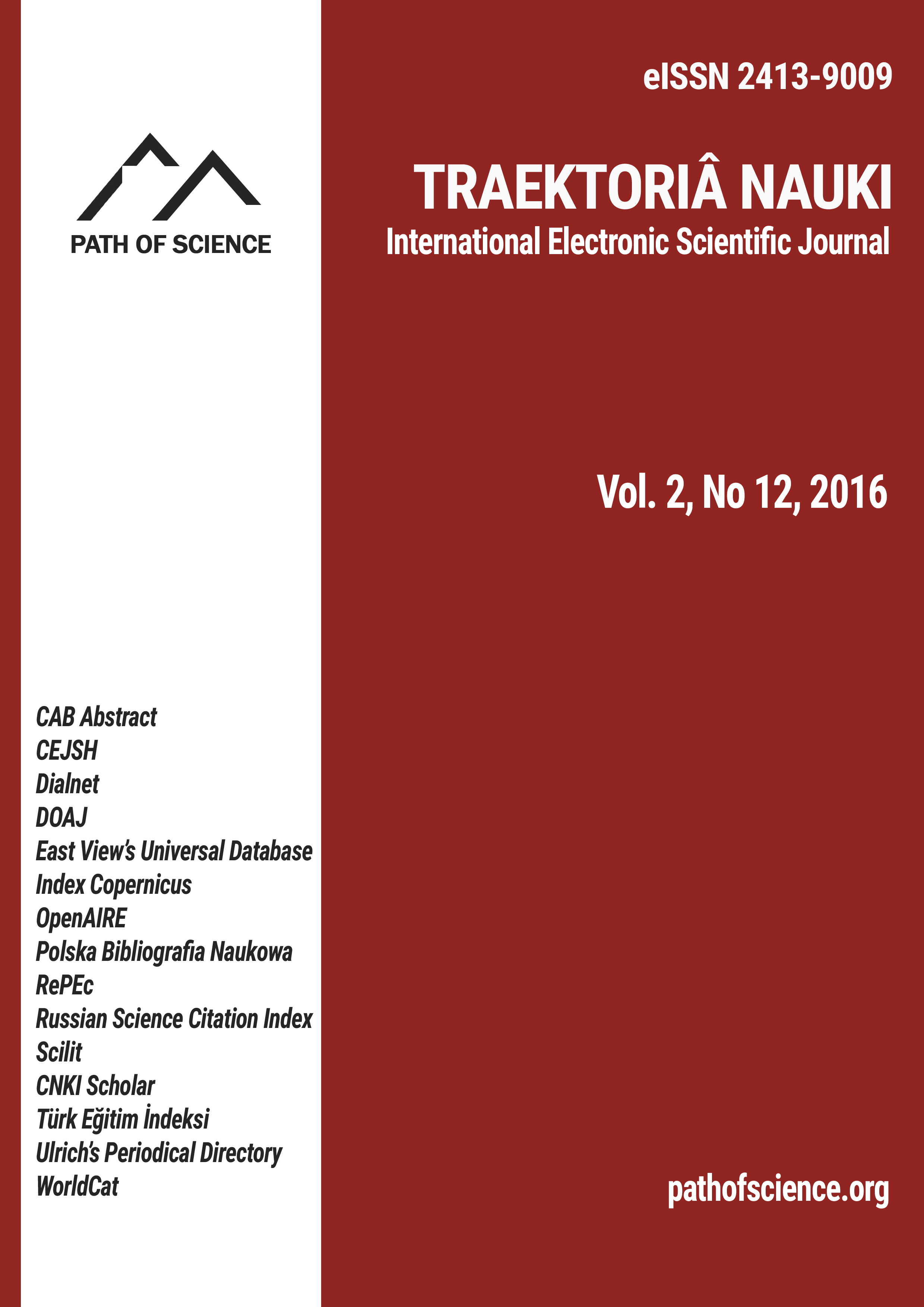
It is proved that under the influence of the changes taking place, design organizations have to adapt their management, diversify services, develop adjacent segments, and increase efficiency and optimize costs. The necessity of evaluating the effectiveness of the design process in terms of classification of expenses according to the feasibility of spending (productive and unproductive) is grounded. The universal process model of construction design organization that can provide the organization as a set of interrelated processes is proposed. The indicators for assessing the costs of design processes are proposed. The integral index, which is calculated as the difference between the amount of productive expenditure to ensure the quality of the project and the amount of overhead in the project organization and describes the effectiveness of management processes in project organization is introduced. A universal process model design organization, which is an arranged according to certain principles set of processes, indicating the major connections between them is developed.
More...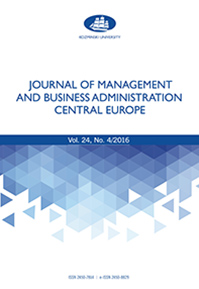
Purpose: This paper examines the consumers’ acceptance and usage of technology, which is an important and widely discussed topic. The aim is to explore the impact of moderators (gender, age, experience in using mobile Internet technologies) and trust towards one’s intention to use a mobile phone for purchases (to acquire goods).Methodology: Empirical research was conducted among Warsaw students with the use of the UTAUT2 model (Unifed Theory of Acceptance and Use of Technology), extended so as to encompass the concept of trust. Data was analysed using partial least squares path modelling (PLS-SEM) and the SmartPLS 3 programme. The multi-group analysis was employed (PLS-MGA) to measure the impact of moderating variables.Findings: Research results indicate that trust has no signifcant impact on one’s intention to use a mobile phone for purchases. Gender is an important moderator of the relationship between the independent variable of price value and the independent variable of habit with the dependent variable of the intention to use a mobile phone for purchases. Age is an important moderator in the relationship between the independent variable of hedonic motivation and the independent variable of habit with the dependent variable of the intention to use a mobile phone for purchases. Experience is not an important moderator of any relationship specifed in the hypotheses.
More...